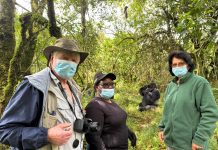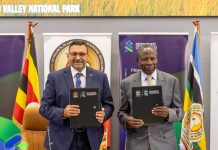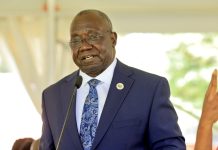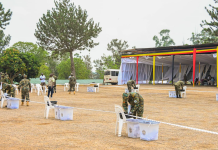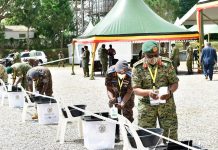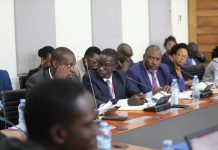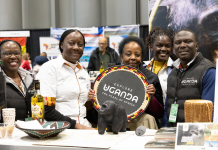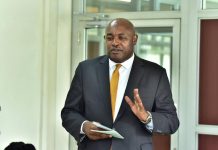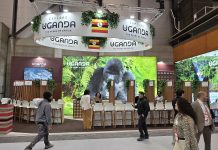Uganda has received 39 cultural heritage artefacts from Cambridge University, marking the highest total in a single return of such items. These invaluable pieces, taken during the 1890s and early 1900s by British colonial administrators, anthropologists, missionaries, and soldiers, have been housed at the Cambridge University Museum of Archaeology and Anthropology for over a century.
This significant repatriation effort represents a crucial step in addressing the wrongful acquisition of historical objects during British colonial rule. The first notable return of artifacts occurred in July 1962, during Uganda’s independence celebrations, with the repatriation of the Kibuuka Regalia.

Today Colleagues from the Uganda Museums and representatives from Cambridge University Museum of Archaeology and Anthropology receive these important artifacts. The collection includes items from across Uganda, such as a drum from Bunyoro brought to Cambridge in 1920 and a headdress made of human hair from Lango, taken to England in 1937. Many of these pieces were acquired in the early 20th century by missionary anthropologist John Roscoe, who had strong ties to Cambridge.

Among the most significant items are a collection of balongo—sacred ‘twins’ with important ritual purposes in Buganda. Efforts are underway to return these objects to the tombs from which they were taken, in collaboration with the Buganda kingdom.

To celebrate this return, a press conference will be held on Wednesday to unveil the artefacts. Plans are also in place to host a special exhibition at the Uganda Museums in 2025 or 2026, where the full stories of these objects will be shared.

The repatriation project is funded by the Mellon Foundation, whose support has been invaluable. A press release from 2021 announced this initiative, highlighting the collaborative efforts to restore these cultural treasures to their rightful home.





